
A Trick to Repel Rats Using Common Household Ingredients, Keeping Your Home Clean, Fresh, and Rat-Free
Dealing with rodents, especially rats, is a common household problem that can quickly lead to unpleasant living conditions. These pests not only bring dirt and disease but can also cause significant damage to furniture, food supplies, and wiring. While there are many commercial products available for repelling rats, using common household ingredients offers a natural and cost-effective alternative. In this article, we’ll explore some simple yet effective ways to repel rats using items you likely already have in your home. These tricks will help you maintain a clean, fresh, and rat-free environment.
1. Why It’s Important to Keep Your Home Rat-Free
Before diving into natural remedies, it’s important to understand why keeping rats out of your home is crucial. Rats are not just an annoyance; they can pose serious health risks and cause substantial damage:
-
Health Risks: Rats can carry diseases such as leptospirosis, salmonella, and hantavirus. They can contaminate food and surfaces with their droppings, urine, and fur, putting you and your family at risk.
-
Structural Damage: Rats have strong teeth that they use to gnaw through materials like wood, plastic, and even electrical wires. Over time, this can lead to costly repairs.
-
Unpleasant Odors: Rats often build nests in hidden areas, and their droppings and urine can lead to strong, unpleasant odors that linger in your home.
By taking proactive steps to prevent rats from entering your living space, you can avoid these issues and maintain a safe and clean environment.
2. Common Household Ingredients That Repel Rats
There are several natural ingredients commonly found around the house that rats find repellent. Here’s a look at some of the most effective ones:
a. Peppermint Oil
Peppermint oil is one of the most popular natural rat repellents. Rats dislike the strong smell of peppermint, and this scent can drive them away. The cooling effect of peppermint also interferes with their ability to navigate using their sense of smell, making it harder for them to find food or shelter.
-
How to Use: To create a peppermint oil solution, mix 10-15 drops of peppermint oil with water in a spray bottle. Spray this mixture in areas where rats are likely to enter, such as around doors, windows, and cracks in walls. You can also soak cotton balls in peppermint oil and place them in areas like attics, basements, or behind appliances.
b. Cinnamon
Cinnamon is another natural remedy that rats tend to avoid. Its strong, spicy aroma is unappealing to rats, making it an excellent deterrent. Additionally, cinnamon is non-toxic and safe to use in households with pets and children.
-
How to Use: Sprinkle ground cinnamon in places where you suspect rats might be entering or hiding. You can also create a cinnamon oil solution by mixing cinnamon oil with water and spraying it around potential entry points. The strong scent will drive rats away while keeping your home smelling fresh.
c. Garlic
Garlic has a potent odor that rats find particularly unpleasant. It is one of nature’s most powerful pest-repellent ingredients and is effective in driving away rats without harming them. Garlic can also help mask other odors in your home, keeping it fresh and clean.
-
How to Use: Crush a few garlic cloves and place them in areas where rats are most likely to enter. Alternatively, you can mix garlic oil with water and spray it around entryways. The strong garlic scent will act as a natural barrier to rats.
d. Hot Pepper Flakes
Rats have sensitive noses, and they strongly dislike spicy odors. Hot pepper flakes, particularly those made from cayenne pepper, are a great way to deter rats from entering your home. The capsaicin in peppers irritates their nasal passages and discourages them from coming back.
-
How to Use: Sprinkle hot pepper flakes in areas where rats are active. You can also mix a tablespoon of cayenne pepper with water in a spray bottle and apply it to cracks, entryways, and other areas where you want to keep rats out.
e. Ammonia
Ammonia has a strong, pungent odor that resembles the smell of urine, which rats tend to avoid. When used properly, ammonia can mimic the scent of predator urine, making rats believe they are in danger and encouraging them to leave.
-
How to Use: Soak a few rags in ammonia and place them near the entrance points or in areas where rats are most active. Be sure to keep ammonia out of reach of children and pets, as it can be harmful in large amounts.
3. Preventive Measures for Keeping Rats Away
While using natural ingredients is an effective method for repelling rats, it’s also important to take preventive steps to ensure that your home remains rat-free in the long term. Here are some practical tips to keep rats away:
a. Seal Cracks and Gaps
Rats can squeeze through tiny openings, so it’s essential to seal any cracks or gaps in your home’s walls, floors, or windows. Pay special attention to areas around pipes, vents, and doors, as these are common entry points.
-
Tip: Use steel wool or caulking to fill small cracks and gaps. For larger holes, consider using wire mesh or cement to seal them off completely.
b. Keep Food Secure
Rats are attracted to food, so it’s crucial to store food properly and clean up crumbs and spills immediately. Make sure that all food is stored in airtight containers, and avoid leaving pet food out overnight.
-
Tip: Clean up your kitchen regularly, especially areas where food is prepared. Take out the trash regularly, and ensure that garbage bins have tight-fitting lids to prevent attracting rats.
c. Remove Clutter
Rats love to hide in dark, cluttered spaces, so reducing clutter around your home is a key step in keeping rats at bay. Avoid leaving piles of paper, cardboard, or clothing around, and ensure that your attic, basement, and garage are clean and organized.
-
Tip: Store items in plastic bins with tight lids to prevent rats from nesting in them.
4. Natural Alternatives: What to Avoid
While natural remedies can be effective, there are a few things to avoid when dealing with rats. For instance, some people use rat poison or traps, which can be harmful to pets and children. Additionally, chemical repellents can have a negative impact on indoor air quality and the environment.
-
Tip: Stick to natural remedies, such as the ones mentioned above, and avoid using toxic chemicals that could harm your loved ones or the environment.
5. Conclusion
Keeping your home rat-free is essential for maintaining a clean, healthy, and pleasant living environment. By using common household ingredients like peppermint oil, cinnamon, garlic, and hot pepper flakes, you can naturally repel rats and reduce the risk of an infestation. Additionally, taking preventive measures such as sealing cracks, securing food, and removing clutter will help keep your home rat-free in the long run. With these simple yet effective tricks, you can enjoy a fresh, safe, and rat-free living space without the use of harmful chemicals.
News in the same category


Place a Face Mask in the Refrigerator: A Small Trick with Unexpected Results

Put Ice Cubes in Your Clothes Dryer, and You’ll Be Surprised by the Results

Why You Should Put Coins in the Refrigerator?

Tips for Choosing Good Avocados: Don't Be Tempted by Large Ones, They Are 'A Waste of Money'.

Weak Toilet Flush with No Suction Power? A Simple DIY Hack from the Pros
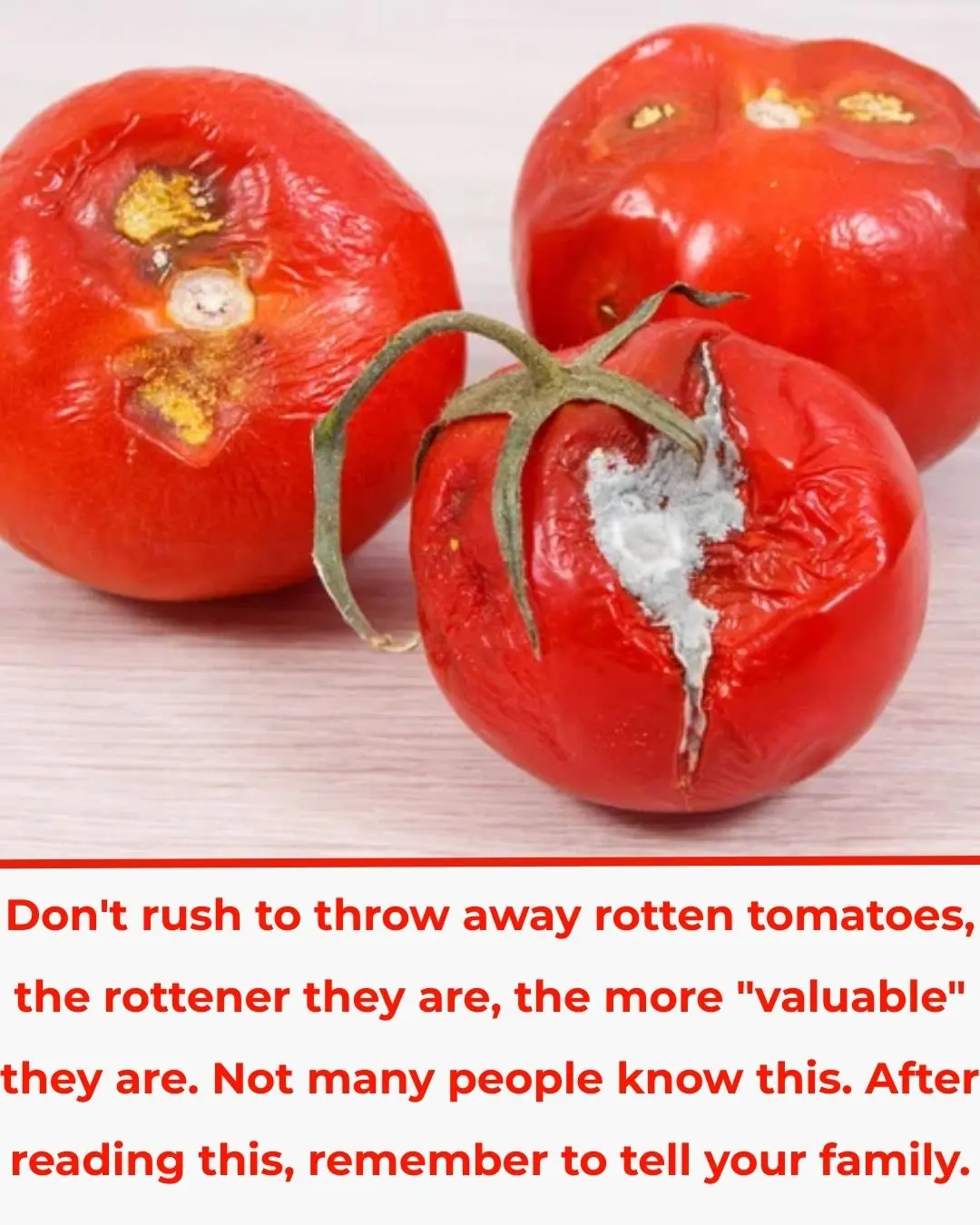
Don’t Throw Away Rotten Tomatoes – The More Rotten, the More “Valuable”! Few People Know This, So Share It with Your Family

Treat Premature Gray Hair with a Natural Dye Using Tamarind and Potato – Cheap and Effective!

Here are 3 coffee drinking habits of many young people that can accelerate aging and cause various health problems

It's not a snake, this is the "a:ss@ssin" that can crawl out of your air conditioner at home.
Why Should We Not Open the Bedroom Door at Night?

8 Body Language Tips to Help You Appear More Confident

Why Should You Not Close the Door When Using the Air Conditioner?

Flight Attendants Reveal Surprising Truth About Coffee Cups on Airplanes

Why Passengers Must Leave Their Luggage Behind During an Emergency Evacuation

5 'Golden Rules' Pilots Swear By That Everyone Should Follow When Boarding a Plane

Why Do Many People Abroad Hang Their Pants Inside Out with the Waistband Facing Down?
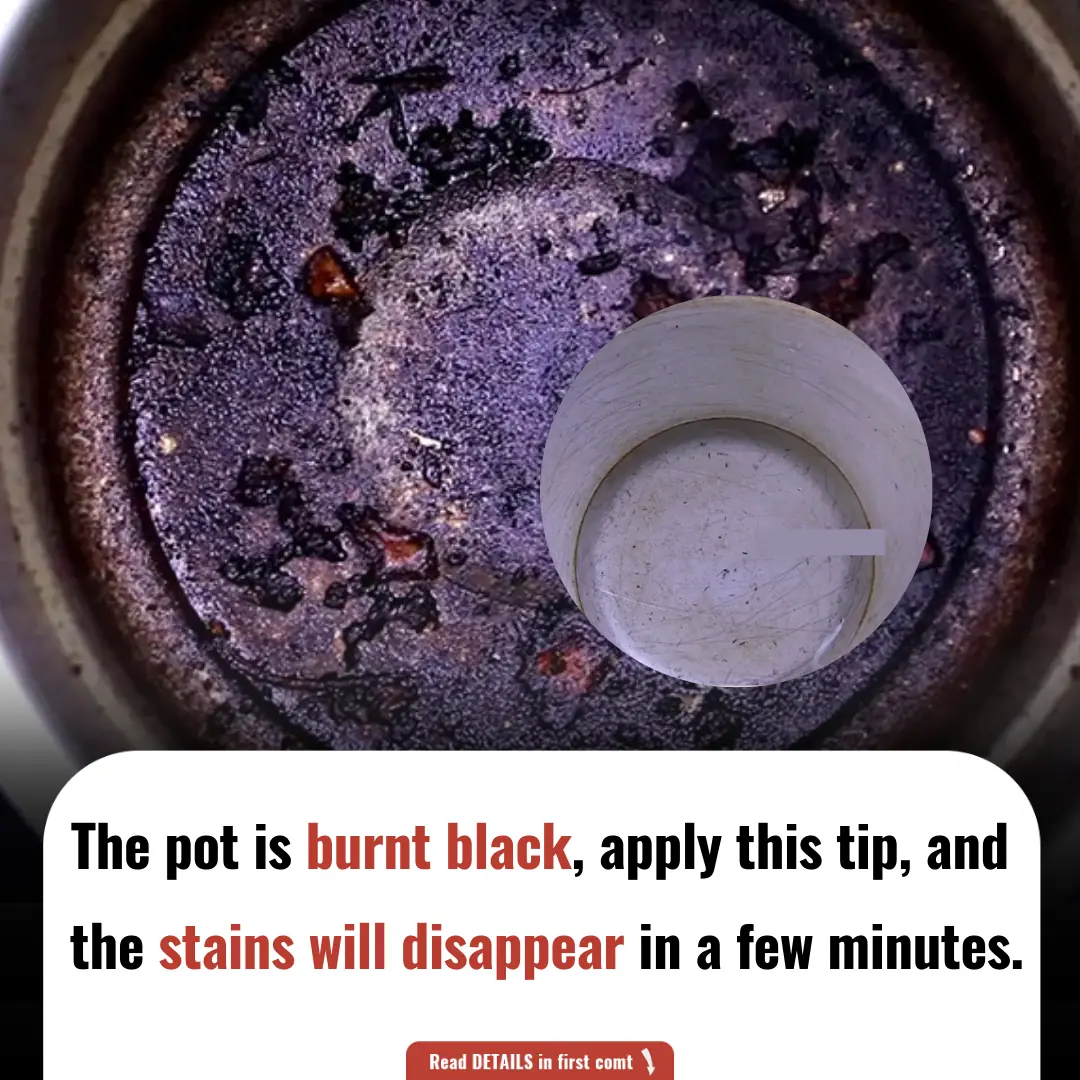
How to Clean a Burnt Pot in Just a Few Minutes: A Simple Solution

Pouring Hot Water into the Kitchen Sink: Thought It Was Helpful but Actually Causes Two Serious Problems
News Post

What Is the Small Cap Inside Cooking Oil Bottles For? Simple But Extremely Useful

Place a Face Mask in the Refrigerator: A Small Trick with Unexpected Results

Put Ice Cubes in Your Clothes Dryer, and You’ll Be Surprised by the Results

Why You Should Put Coins in the Refrigerator?

Tips for Choosing Good Avocados: Don't Be Tempted by Large Ones, They Are 'A Waste of Money'.
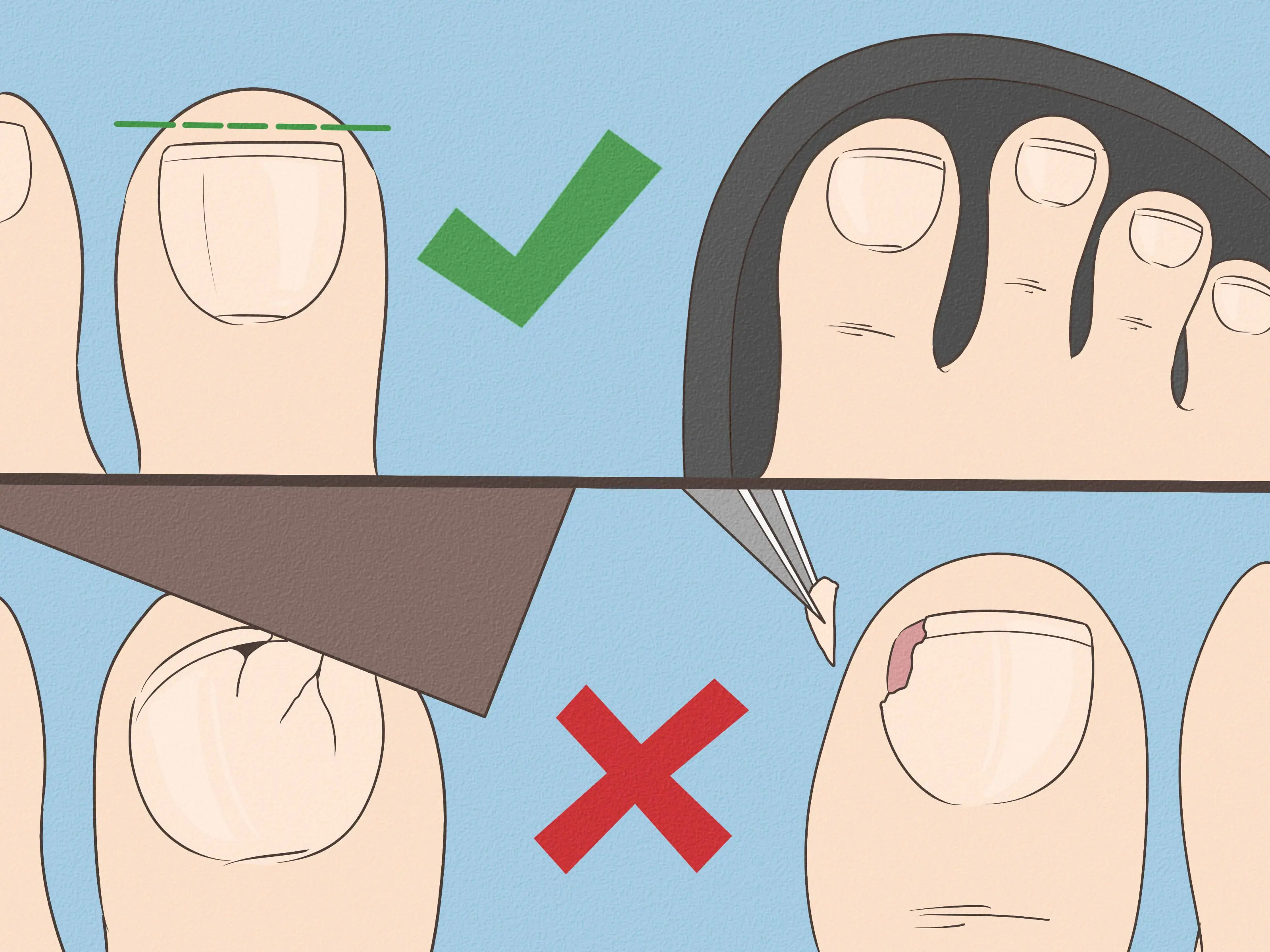
Natural Home Remedies for Ingrown Toenails That Bring Quick Relief

This Is What Happens to Your Body When You Start Eating Raw Garlic

What Those Red Spots on Your Skin Are Warning You About and How to Remove Them Naturally

Small Morning Habits That Many Overlook but Boost Blood Flow and Energy
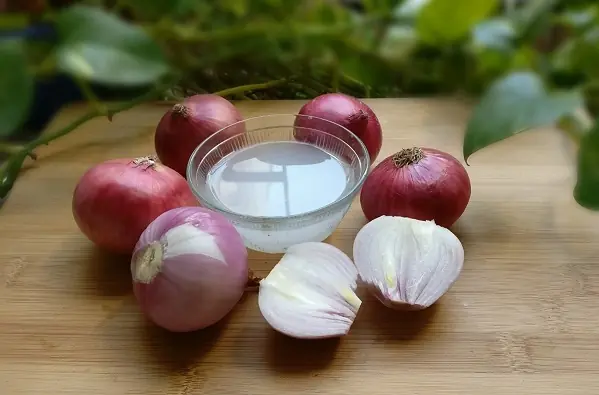
How to use Onion juice & Onion Hair Oil for Hair Growth – Onion Benefits for Hair

What it says about your relationship when your partner sleeps with their back to you
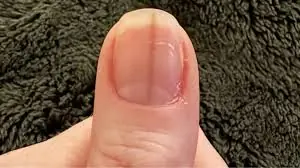
Woman Urged to See Doctor After Spotting Concerning Line

Homemade Okra Face Gel – Collagen Gel for Glowing Skin

Groups of People Who Need to Avoid Eating Bread
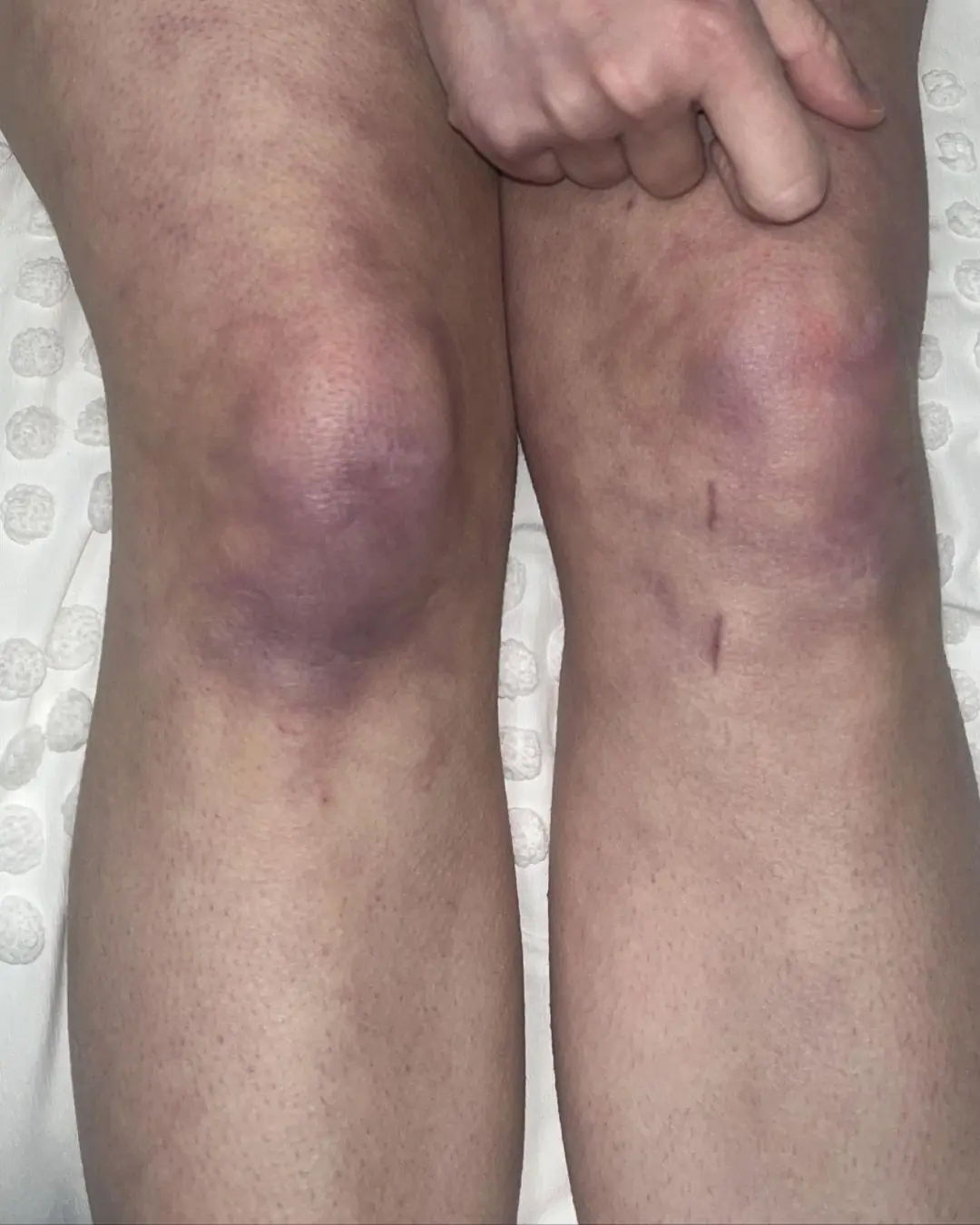
What those strange skin patterns might really mean

Should You Eat Rice for Breakfast

Preventing Stroke At Any Age: 3 “Don’ts” After Meals—And 4 “Don’ts” Before Bed
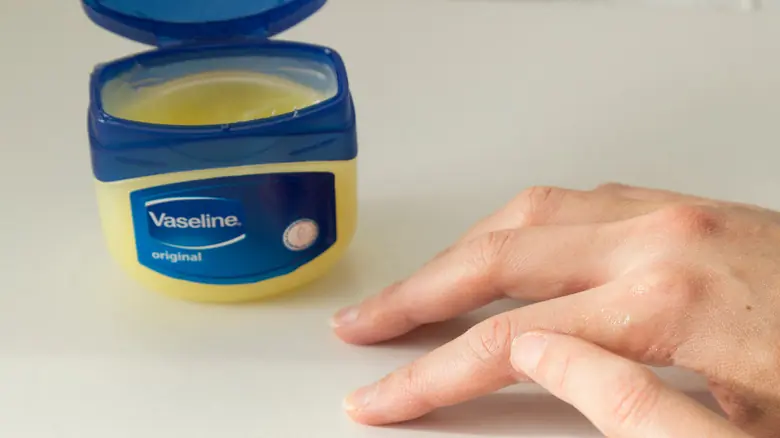
Why You Should Stop Using Petroleum Jelly On Your Skin (It’s a Byproduct of the Petroleum Manufacturing Process)
